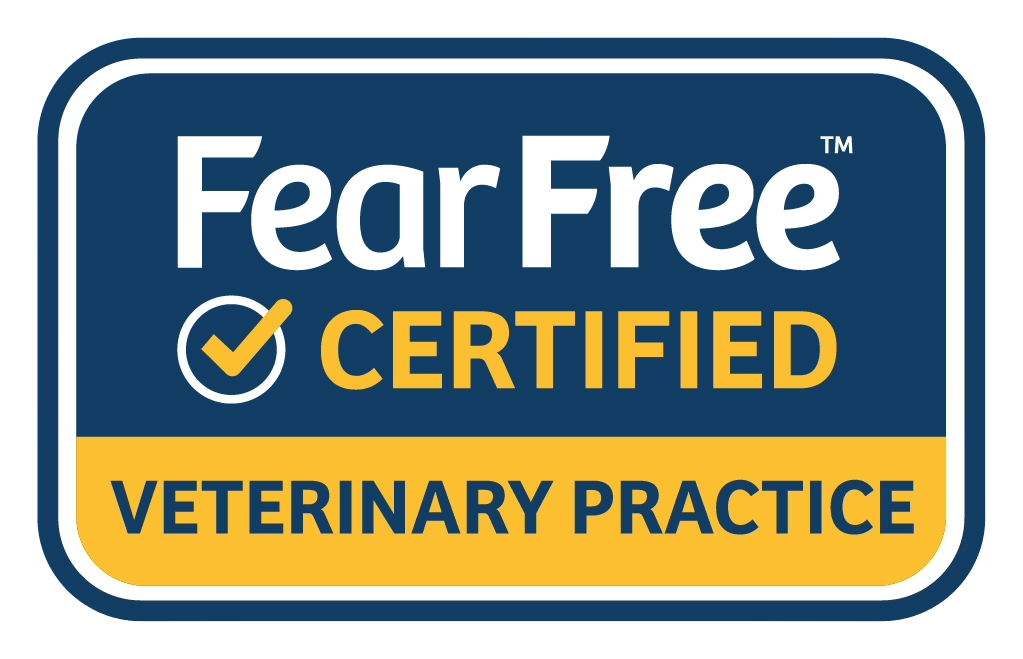Focus on helping the abandoned.stray,neglected,and homeless pets.
It’s the worst day you could imagine, twenty degrees and sleeting, and he’s looking at you. He’s sitting on your children’s playground outside your house. You don’t know what to do. You’re conflicted. You do not want another cat. And yet, there he is. Staring. Wet. Hungry. Freezing. It’s cold. Really cold. He’s going to have to come in somewhere to make it through the night. You don’t need another cat; you have a full house. You don’t want this cat, but the kids have seen him and are already petting him.
This is the where the story starts for my cat, Kiwi. He was brought into the Blue Oasis Pet Hospital this winter, no collar, no microchip, and no home. He was tested for feline leukemia and feline immunodeficiency virus- positive for both. He was doomed because these cats are impossible to place in shelters due to the almost guaranteed spread of disease to other cats. He's effectively quarantine for life. What was I to do?
Better yet, what about the thousand of strays, puppy mill pups and breeding adults, pet hoarder dogs and cats. Modern society is filled with abandoned, mistreated, neglected, and unwanted animals. This time of the year can be more challenging for shelters and rescues due to the kitten boom that occurs and more dogs escaping from homes during nice weather.
According to the ASPCA pet statics, approximately 2.7 million dogs and cats are killed every year because shelters are too full and there aren’t enough adoptive homes. For dogs entering shelters, approximately 35% are adopted, 31% are euthanized, and 26% are returned to their homes. For cats entering shelters, approximately 37% are adopted, 41% are euthanized, and less than 5% are returned home
A couple changes have occurred to the local Mount Juliet shelter and the rescue group New Leash on Life in Wilson County this past year that are making it harder for local pets to get the help they deserve. The city of Mt. Juliet has been slowly defunding the pet shelter and currently only employees a single full-time position. No longer is the shelter open to the public during opening hours, but is only open for appointments. New Leash on Life has had a significant amount of their budget reduced because the county is no longer collecting a rabies tag fee that used to go to New Leash. These organizations need community support or they will cease to exist. What happens to the animals they help?
In life, we all have a responsibility to help where we can. If you can donate money, supplies, or time, our local animal rescues, fosters, and shelters need you to help. Pets enrich our lives, depend on people for love and nurturing, and are our constant companions.
Back to Kiwi the Kitty. Double diseased. Effectively banned from shelters. Where is he now? Well, he's still under permanent quarantine. He sleeps at my feet on the other side of my French bulldog, Apple. He has two kids that coax him out to play, and he has all the window sills he wants. As far as quarantine goes, carpet in a sunbeam is a pretty good quarantine. His hard-time confinement consists of being told to get off the table, and hiding from the warden in a kids closet.
This story really isn't about Kiwi the cat. This story is to remind us that when the going gets tough for animal rescue, and I couldn't find solution to the problem, I became the solution to the problem. We need to be reminded that the solutions are always possible if we try to do what we can.
Noel Lucas, DVM


